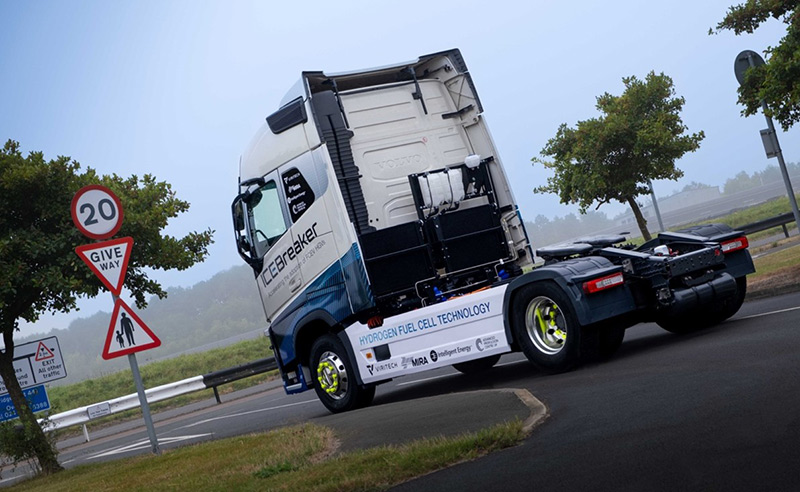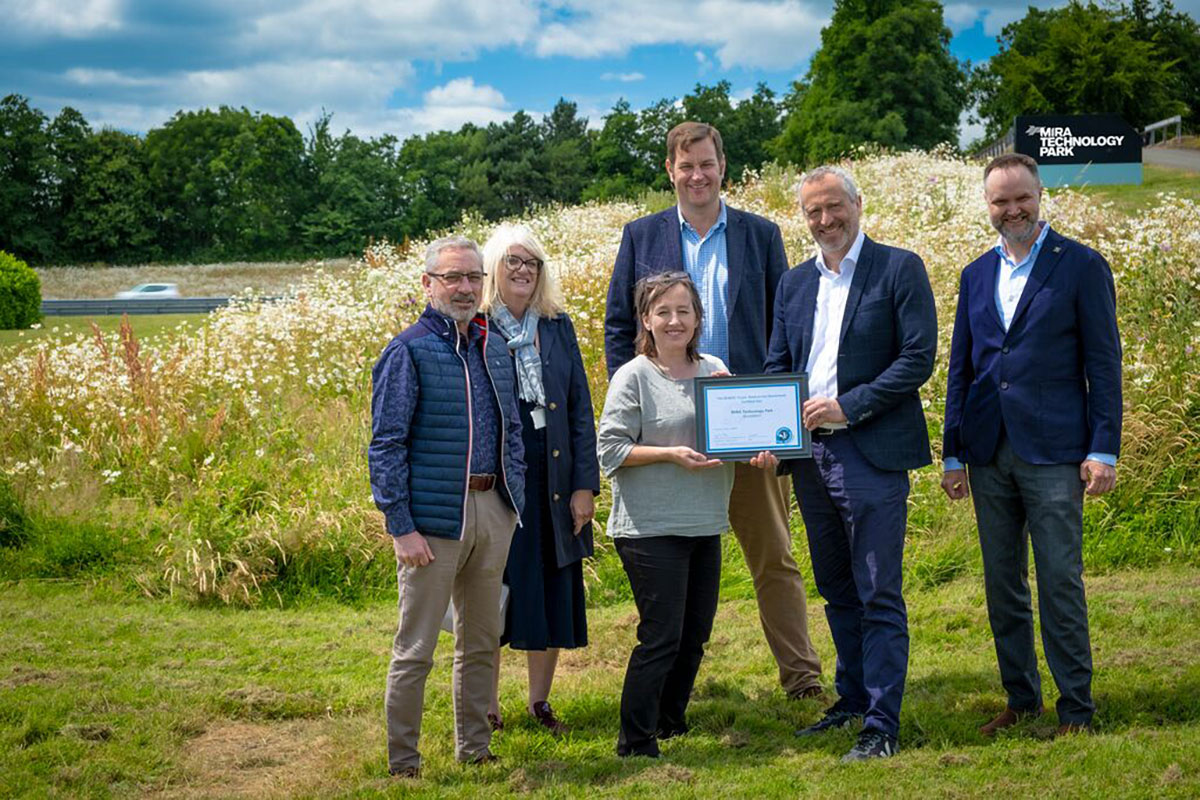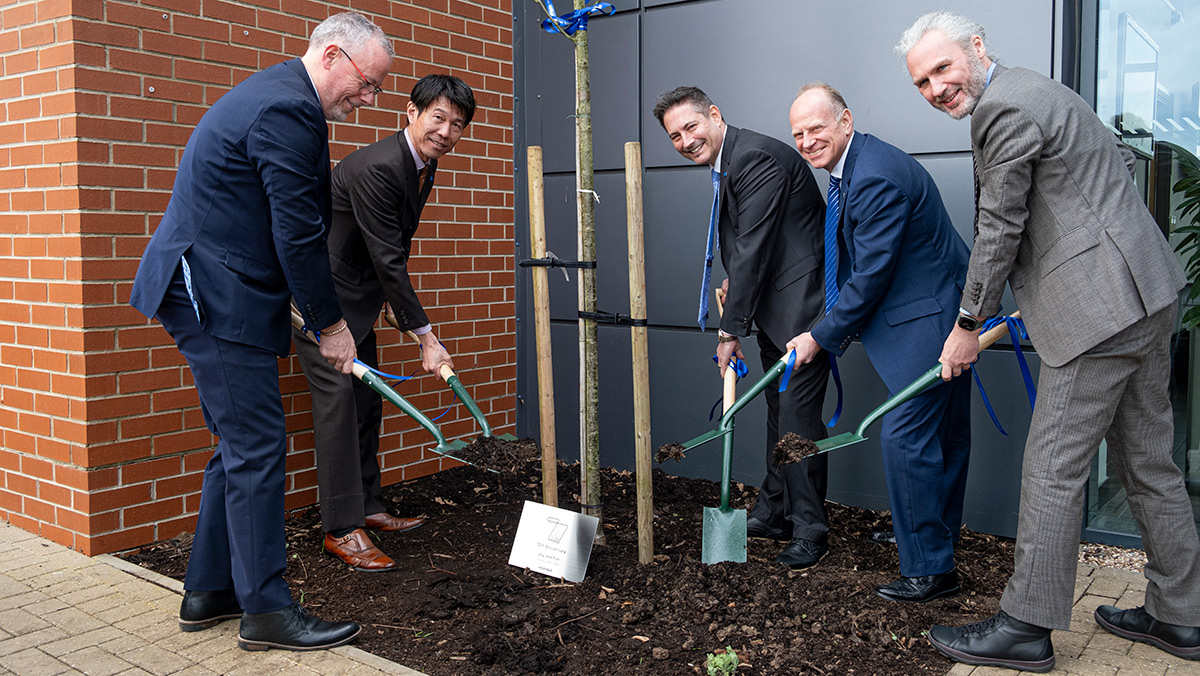Ground-breaking ResiCAV Project Highlights ‘Urgent Need’ for UK Road Transport Cybersecurity Programme
A pioneering project on how connected and autonomous vehicles (CAVs) and their associated infrastructure can develop real-time responsiveness to cybersecurity threats, has highlighted the ‘urgent need’ for a national road transport cybersecurity programme in order for the UK to safely support CAV adoption across the transport network.

ResiCAV – delivered by a consortium comprising HORIBA MIRA, Thales, BT, WMG at the University of Warwick, the Centre for Modelling & Simulation (CFMS), Oxfordshire County Council, AESIN Techworks, plus the University of South Wales, the University of Bristol, Coventry University and the National Digital Exploitation Centre (NDEC) – explored the feasibility of creating a UK Cybersecurity ‘Centre of Excellence’ to detect, understand and respond to emerging cybersecurity threats in real time across the mobility eco-system. The three-month programme was supported by funding from The Centre for Connected and Autonomous Vehicles (CCAV) and was run by Zenzic and Innovate UK.
As the first project globally to combine industrial, academic and government expertise in this way, ResiCAV determined how a ‘UK Centre of Excellence for Road Transport Cybersecurity Resilience’ (CYB-R) would work. It defined the physical and virtual capabilities required and conducted ground-breaking research into the feasibility of new methods that help CAVs and their infrastructure detect, understand and respond to cyber-attacks.
Delighted with the project’s outcome, Anthony Martin, Head of Vehicle Resilience Technologies at HORIBA MIRA, comments:
“As the UK moves from CAV demonstrations to mass deployment, the need to protect these vehicles and associated infrastructure from potentially catastrophic cybersecurity failures cannot be overstated.
“Given the sheer size and complexity of the issue, we’re incredibly proud of the world-leading research the consortium has delivered over a very short time span. This research has successfully demonstrated how a Cybersecurity ‘Centre of Excellence’ can support future transport systems to develop real-time responsiveness to cybersecurity threats.
“Ultimately, ResiCAV’s findings have highlighted the absolute and urgent need for a collaborative, industry-led, government-backed cybersecurity programme, hence our next steps will be to secure funding for the development of the ‘UK Centre of Excellence for Road Transport Cybersecurity Resilience’. Developing a world-class cybersecurity capability of this nature will be critical in building trust in CAV technologies as they are deployed, supporting the integration of CAV technologies across the UK’s future transport network.
“ResiCAV has shown how the UK is well positioned to become a world-leader in automotive cybersecurity and vehicle resilience.”
Mark Cracknell, Head of Technology at Zenzic, said:
“The ResiCAV project builds on the excellent work already produced by AESIN and brings together world-class partners to create a cyber-resilient deployment of CAM services in the UK. The project has offered an over-arching, robust and legally sustainable methodology to guarantee the resilience of CAM systems. This is complimented by a Cyber Centre of Excellence, and together these approaches look set to change how cyber-resilience is addressed across the CAM ecosystem.”







